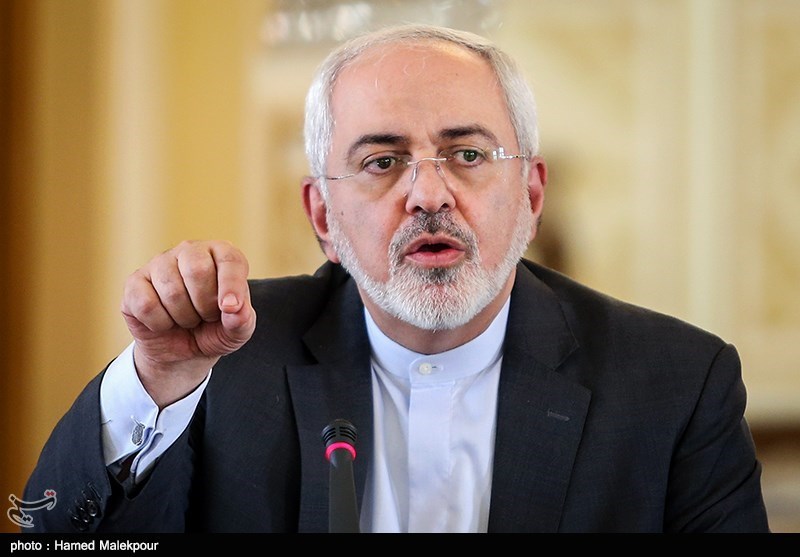“We spent a fraction of any other country in the region on defense, and missiles are a means of defense that we require,” he said in an interview with Radio New Zealand.
He added that the missile tests did not violate a nuclear agreement, known as the Joint Comprehensive Plan of Action (JCPOA), clinched by Iran and the P5+1 countries – the five permanent members of the UN Security Council plus Germany – on July 14, 2015.
Zarif said the missile launches were not against the UN Security Council Resolution 2231 that endorsed the nuclear agreement.
Resolution 2231 (2015) provides for the termination of the provisions of previous Security Council resolutions on the Iranian nuclear program and establishes specific restrictions that apply to all states without exception.
The resolution calls upon Iran not to undertake any activity related to ballistic missiles designed to be capable of delivering nuclear weapons, including launches using such ballistic missile technology.
The United States claims the tests violated the United Nations resolution and is pushing for UN Security Council action on Iran’s recent ballistic missile tests.
“We stated when the nuclear deal was approved by the Security Council and during the course of nuclear discussions that we will continue with our defense capabilities and that these defense capabilities have nothing to do with nuclear weapons,” Zarif said.
He emphasized that the missiles were not designed to carry nuclear warheads and said Iran has “provided the best guarantee” that it would never develop nuclear weapons.
The Islamic Revolution Guards Corps (IRGC) successfully test-fired two more ballistic missiles on March 9 as part of military drills to assess the IRGC’s capabilities. The missiles dubbed Qadr-H and Qadr-F were fired during large-scale drills, code-named Eqtedar-e-Velayat.
On March 8, Iran fired another ballistic missile called Qiam from silo-based launchers in different locations across the country.
After Iran and the P5+1 group started to implement the JCPOA on January 16, all nuclear-related sanctions imposed on Iran by the European Union, the Security Council and the US were lifted. Iran, in return, has put some limitations on its nuclear activities.
